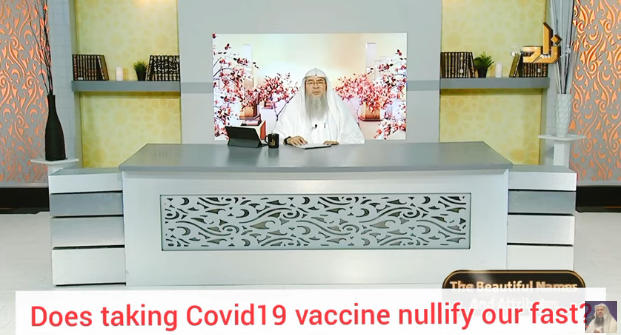
Can you still get COVID-19 after vaccine?
Most people who get COVID-19 are unvaccinated. However, since vaccines are not 100% effective at preventing infection, some people who are fully vaccinated will still get COVID-19. An infection of a fully vaccinated person is referred to as a “breakthrough infection.”
Does vaccination prevent long COVID-19?
In fact, a recent study from the U.K. found that vaccines led to a significantly lower risk of long COVID compared with those who are unvaccinated, but that still close to 10% of the fully vaccinated participants showed symptoms of long COVID three months later.
Am I required to get vaccinated against COVID-19 for work?
An employer may require that their workers be vaccinated. Check directly with your employer to see if they have any vaccination requirements or rules that apply to you.
Is there a nasal vaccine against COVID-19?
Scientists are working on COVID vaccines delivered through nasal sprays that could stop the coronavirus from invading the body at its most common entry point, the mucous membrane of the nose and throat. More than a dozen clinical trials with nasal sprays are under way, The Guardian reported.
How long could COVID-19 linger in your body?
But for most infected people, virus levels in the body peak between three and six days after the original infection, and the immune system clears the pathogen within 10 days. The virus shed after this period is generally not infectious.
How long does immunity last after COVID-19 infection?
Early on, researchers thought that natural immunity to COVID-19 only lasted for about 2 to 3 months before fading. As the pandemic continued, experts started finding evidence that natural immunity could last for almost a year after infection. But along came the Omicron variant — and that's changed everything.
Should fully vaccinated workers follow employer guidance on screening testing during the COVID-19 pandemic?
Screening testing can be used in addition to symptom and temperature checks, which will miss asymptomatic or presymptomatic contagious workers. Persons with asymptomatic or presymptomatic SARS-CoV-2 infection are significant contributors to SARS-CoV-2 transmission.In general, fully vaccinated workers should continue to follow employer guidance on screening testing.
What if I don't have any reaction to the COVID-19 vaccine?
If I don't have any reaction to either shot, is the COVID-19 vaccine still working? Yes, it's still working. Everyone reacts a little differently to every vaccine. For some people, their reaction is no reaction.
What if an employee refuses to come to work for fear of infection?
Your policies, that have been clearly communicated, should address this.Educating your workforce is a critical part of your responsibility.Local and state regulations may address what you have to do and you should align with them.
How many times can I get COVID-19?
'A long-term pattern' According to some infectious disease researchers, Covid-19 reinfections are likely to become more common as time goes on and different variants continue to circulate—with some people potentially seeing third or fourth reinfections within a year.
Who can get Paxlovid?
The FDA has authorized Paxlovid for anyone age 12+ who is at high risk for developing a severe case of COVID-19.
Can you still test positive after recovering from COVID-19?
According to the Centers for Disease Control and Prevention, some people who contract COVID-19 can have detectable virus for up to three months, but that doesn't mean they are contagious. When it comes to testing, however, the PCR tests are more likely to continue picking up the virus following infection.